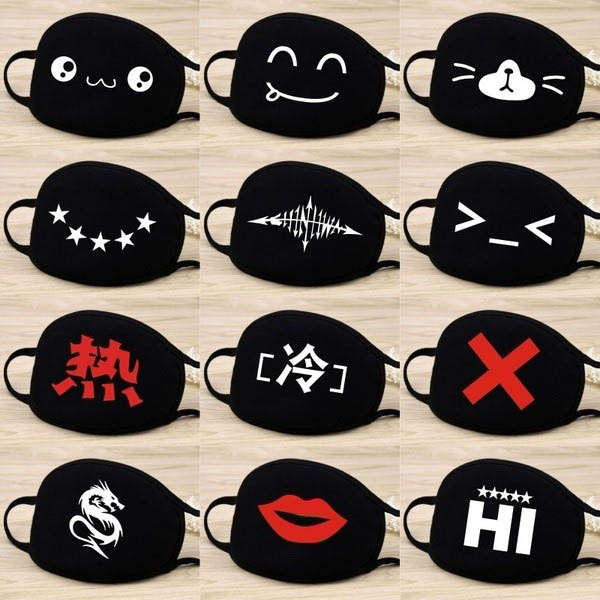
Survival mode has started to wear off here with behavioural practices for how to live with the virus beginning to feel like second nature.
I am currently using cloth masks where and when required. I bought a pack of five basic white ones which are breathable but somehow still manage to make me feel hideous. I have not fully accepted them as a new accessory. They feel impossible to style, perhaps because their use has been made into a law.
Nevertheless, this has not stopped many businesses from capitalizing off their necessity or other sub needs. While online retailers like ASOS and Pretty Little Thing have introduced varying lines of trendy masks, skincare brands like Dr Jart+ and Peach & Lily have introduced products to help combat ‘maskne’, acne and irritation from wearing a mask.
According to the American Academy of Dermatology, the most common kind of maskne is acne mechanica, the type of acne a football player may get where the helmet rubs. Understandably, frontline workers are higher at risk since they are wearing so much protective gear. However, people with existing acne problems may be prone to seeing their problems worsen.
How to avoid ‘maskne’
Be selective – Consider the type of mask necessary for the temperature you live in. As summer arrives here, sweat will become more likely to irritate your acne. A tight and abrasive mask will further encourage acne since it mixes with oil and dirt. Try to wash and rotate your masks as much as possible while limiting their removal when wearing them.
Less is more – I personally don’t wear make-up as much as I used to. Apart from there being nowhere to go, what is the point if it will be temporarily covered and smudged. The less facial products and makeup on the skin is actually better, according to Dr S Tyler Hollmig, the director of dermatologic surgery at the Dell Medical School at the University of Texas. The mask will intensify product delivery to your skin. Products containing acids or retinols, which can be irritating, tend to heighten intensification which is not good. In addition, Hollmig suggests a standard moisturizer as it can protect it from mask friction, à la a runner’s chafing cream. Try to arrange your usual beauty routine for days that you are indoors, on the days that you have to wear a mask use as little as possible.
Reduce acne stimulators – If you know the source of your acne and find yourself able to control it with for example, less fried foods, or less dairy, make a more conscious effort to do so.






